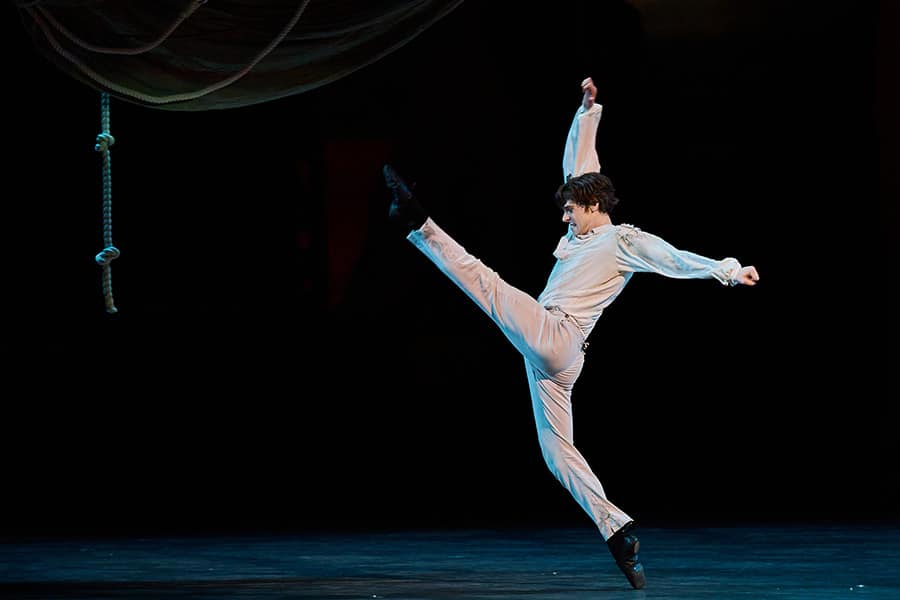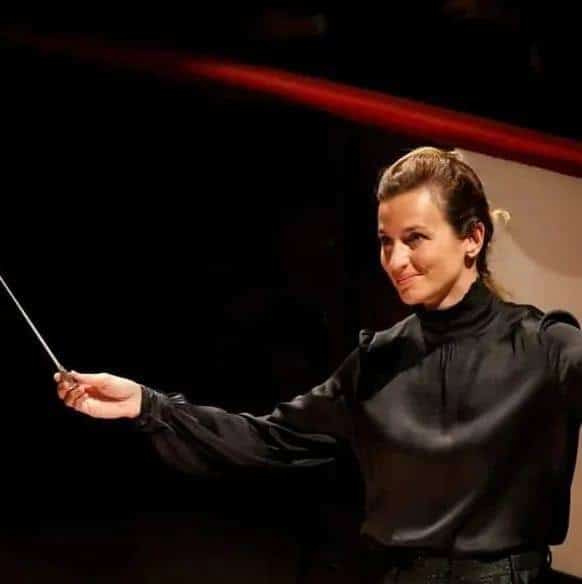Stage fright? Shrink shows how to embrace your anxiety
mainFrom an article in Strings magazine:
The biggest mistake musicians make is denying they feel anxiety, says Patricia Thornton, a New York psychologist who specializes in anxiety disorders. “If you tell yourself not to be anxious and feel anxious anyway, you’ll feel even worse,” she explains. “Denial makes the thought more resistant.”
The solution: Embrace the anxiety.
“Instead of trying to relax, energize yourself,” Thornton says. “Get your heart-rate up. If you’re performing with other people, cheer each other on. Then you can attribute that elevated heart rate to excitement rather than anxiety.”
Read on here.






It’s good advice if one is content with embracing the world of chance, where things “happen to us” instead of searching for the real world.
In my experience, the best cure for performance anxiety is being thoroughly prepared (the article expresses this in different words). In a sense, pre-performance nerves are the result of egotism: “this is about me”. When one realizes that it is about the music and not about oneself, a door into the real world opens and one can experience pure joy. Anxiety and nerves do not belong in that world.
Yes.
I didn’t want to say that, Ricardo, but as someone who has had a solo singing career and been instrumentally trained, if I thought I was going to be so sick and scared to get up each time and play in public, I’d have said I was in the wrong profession and think I should just sing in the bath! But knowing your music inside out and back to front is the first requisite, and then being prepared generally – that was Maria Callas’s remit ‘know your score!’. Janet Baker always said she was not a singer but the instrument through which music that she was required to sing came and went – it was not about her. A singer is more vulnerable in performance – an good accompanist will tell you that – as the instrument is right inside you and your body is unpredictable. Any singer much higher up the ladder of the profession than I was will tell you that until the performance is over, you don’t really know what is going to happen. A lot of my instrumental colleagues would say that performances are far more predictable unless you had a finger or some other injury that gets in the way. Every performer has to have some form of nerves but that is more excitement when you know your stuff, and wanting to do the best you can, hopefully with the right conditions. Not the same thing as being caught up in an ego trip or self-obsession, or the result of not putting the music with the composer’s intentions, and the audience of course first and foremost, and coming to terms as to why you are there in the first place! Doing recordings? Another form of nerves.
Isn’t it called ‘performance anxiety’. Where have I heard that before?
Or another example of “string theory”?
Read the article.
While I agree with self empowerment and agency, little is done to question teaching methods that promote anxiety, even in the most benign settings. While anxiety is a natural emotion to experience as a human, fear on this level is not normal and is symptomatic of a culture that fails to address how we encourage young people to participate in and experience musical performance.
Many artists treat their anxiety with pills – others with drink. Ruggiero Ricci said he never experienced anxiety. Carl Flesch did and so did Ivan Galamian. Horowitz too. Almost every soloist. Orchestra players usually don’t.
Jaime
Where do you find the evidence that ‘orchestra players don’t’ (suffer from performance anxiety)?
I was one for over 30 years and I saw plenty of examples of it, and, latterly, my wife of 30 (slightly different) years worked with many performers (from within and without orchestras) who came to her for help with their performance anxiety
My hands shake when I play the piano in public. Nothing helps except beta-blockers. I have no problems performing the scariest tasks in public, but my piano playing sounds so pathetic to me that I freak out. The beta-blockers don’t stop the anxiety, only the shaking. Performance anxiety can afflict the greatest of the greatest and often does not improve, but gets worse. It’s hell, don’t downplay it.